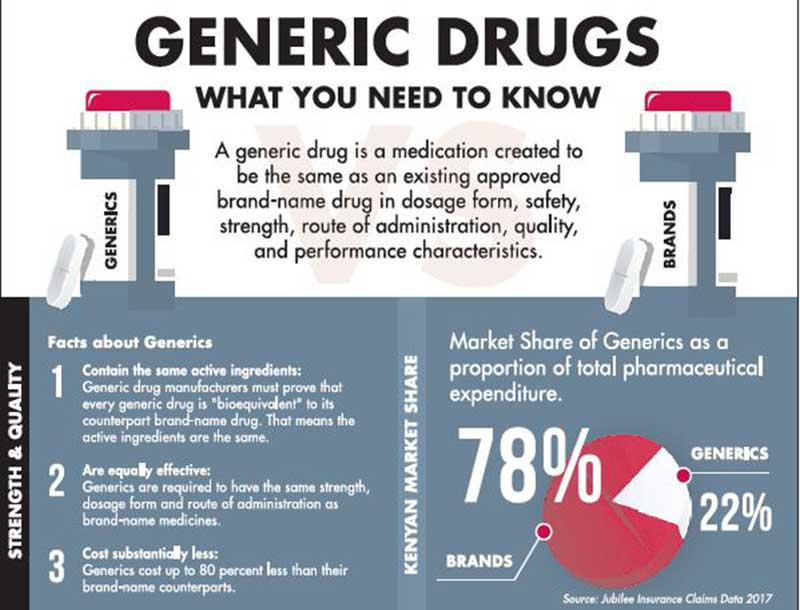×
The Standard e-Paper
Join Thousands Daily

Claims data by Jubilee Insurance, the leading medical insurance in East Africa, have consistently shown that up to 40 per cent of all health expenditure goes to pharmaceuticals. This is an unusually high proportion even in international standards considering that most developed countries utilise an average of 10 –20 per cent of their health budgets on pharmaceuticals. This means that Kenya is spending almost double what developed countries are spending on pharmaceuticals.